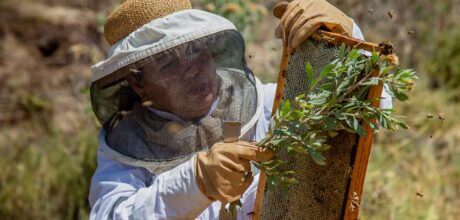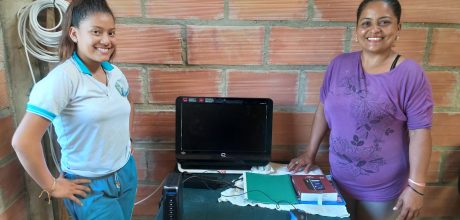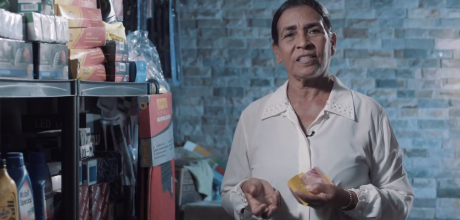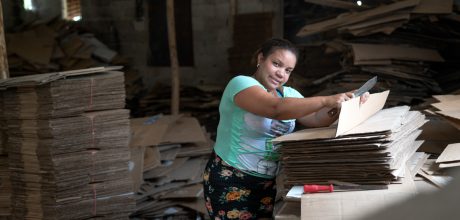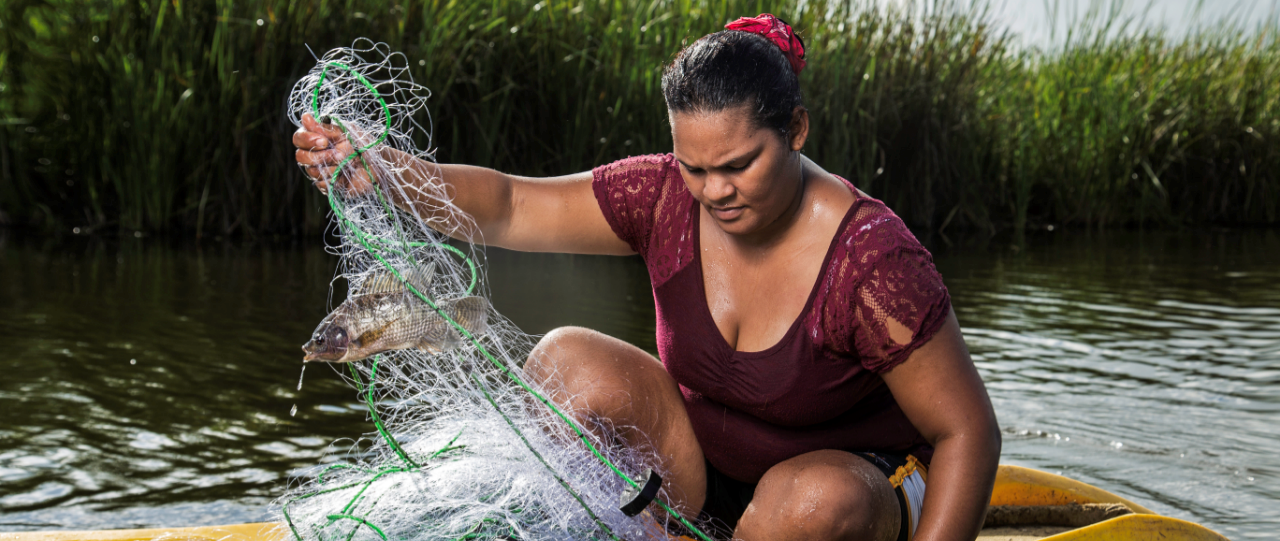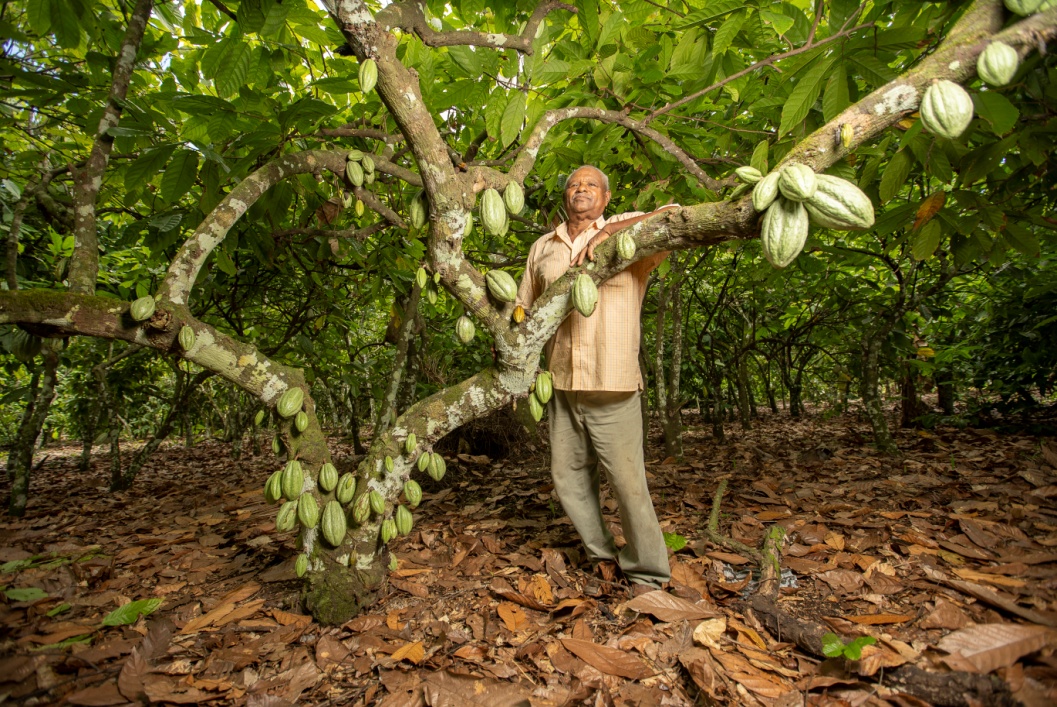José Miguel Jara guarantees that entrepreneurs know exactly how to harness the support they receive to manage their business successfully. He knows what he’s talking about: for seven years now, he’s been working as a village bank officer for the BBVAMF’s Chilean MFI, Fondo Esperanza (FE).
A village bank is a space where support networks are built, and new learnings on home and business management can be acquired
The entrepreneurial spirit from each member never fails to impress him. So this attitude, combined with his background as a teacher, has made it easy for him to achieve his targets in every village bank meeting. A village bank is a group of 18-25 entrepreneurs who live and/or work in the same community/sector, normally living in vulnerable conditions. They voluntarily meet to jointly access microfinance products, training and create networks. They also commit to be one another’s co-guarantor, something that implies a broader sense of affiliation and organization.
This means that it is important for members and officers to have a good relationship to strengthen the group, nurture trust and facilitate skills development among them. A village bank, then, is not only a financial source for vulnerable entrepreneurs, it also becomes a community where support networks are built, and new learnings on home and business management can be acquired.
José Miguel also oversees a village bank in Colina II, a prison facility (Centro de Cumplimiento Penitenciario Colina II), whose members belong to the MFI’s ‘Inclusion Segments’ (Segmentos de Inclusión). He helped develop the facilty’s first village bank, ‘Camino al Cambio’ (Road to Change). Currently, only 3 of its founding members remain, while the rest have been released for good behavior. He shares that although they face walls that cut them off the free world, the new members perceive how a village bank gives them an opportunity to progress through entrepreneurship.

“Inside the precinct, these people have become leaders and references, worthy of emulation, because they transmit the importance of enterprising”, he confirms. He also stresses how grateful the entrepreneurs are for the trust placed in them, and this is very much reflected on how committed they are to FE.
At work, José Miguel starts the day with a team meeting where they share their schedules and plan their daily appointments with entrepreneurs. After that, he makes his rounds of visit and meets with different groups to conduct workshops or carry out their periodic meetings. It might seem mundane, but reassures that “every day is different”, which makes his work valuable and dynamic.
So, what would this experienced officer tell a younger version of himself? that José Miguel who started to work seven years ago in FE? He said he won’t tell him anything, and that he would simply enjoy seeing himself more youthful upon knowing that “what’s about to come would become the greatest learning in my life.”
A learning that surely builds communities, breaks through walls and fosters development.


